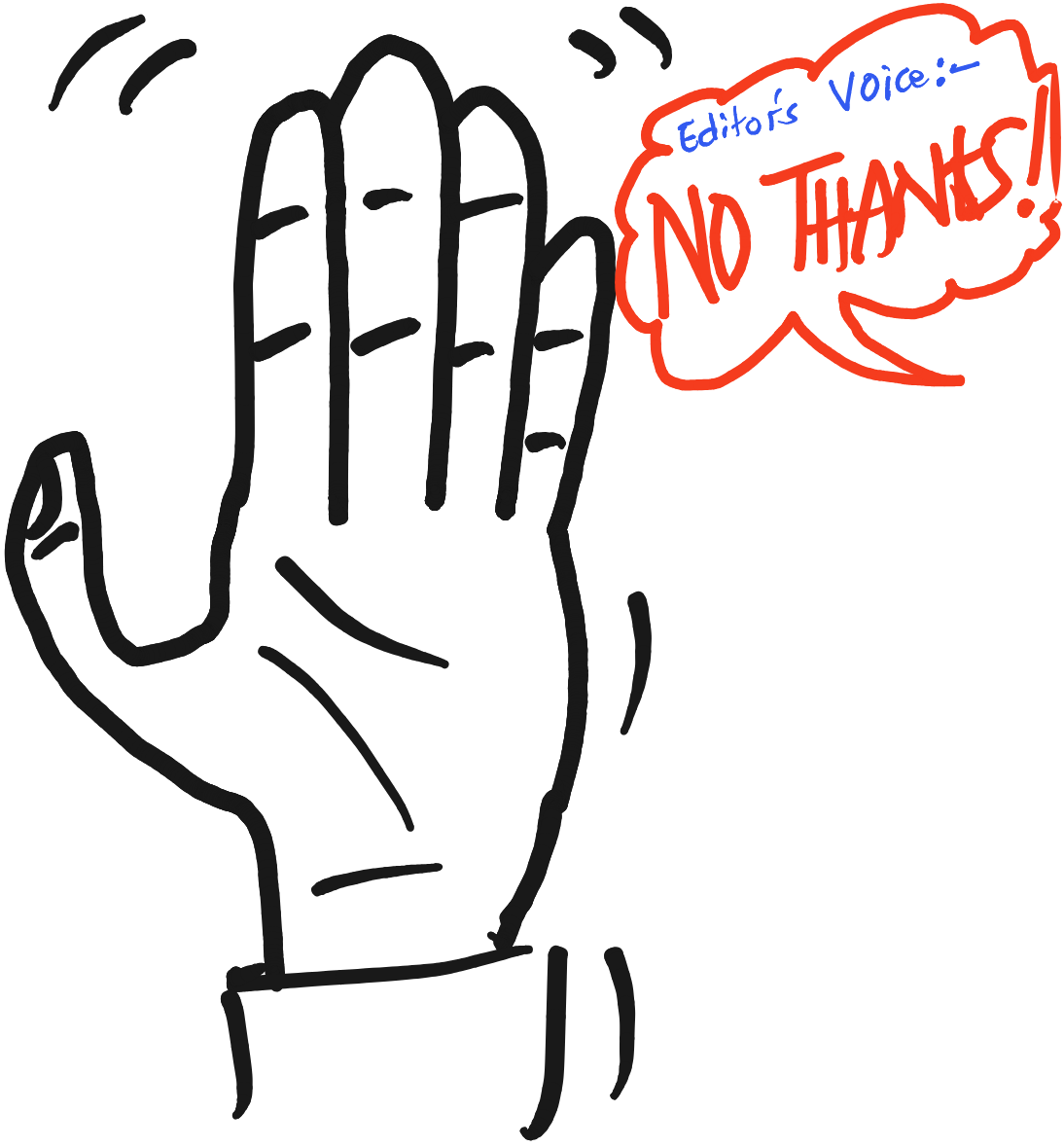Not all of these rules were written by or for writers, but I think they all apply. I especially like Considine’s Law — which in my experience is true!
Read More50 Rules for writers

rules
Not all of these rules were written by or for writers, but I think they all apply. I especially like Considine’s Law — which in my experience is true!
Read More
No thanks!, by Terry Freedman
Adverbs serve a purpose, or they wouldn’t exist, they would have fallen into disuse.
Read MoreThe following rules can be adapted (to an extent) by any tutor teaching an online course to adults or young adults.
Read More Here is a set of rules that I hope you will find useful. The way I see it, readers’ time is far too precious to waste. People are made to feel guilty, or have somehow been conditioned to feel guilty, if they don't read every possibly useful report. Or every relevant newspaper article. But as writers, or content producers, we have a responsibility too. Here are some rules which I am gradually starting to live by myself.
Here is a set of rules that I hope you will find useful. The way I see it, readers’ time is far too precious to waste. People are made to feel guilty, or have somehow been conditioned to feel guilty, if they don't read every possibly useful report. Or every relevant newspaper article. But as writers, or content producers, we have a responsibility too. Here are some rules which I am gradually starting to live by myself.
 Back in April 2010 Steve Wheeler (@timbuckteeth) posted a useful article reminding students that when it comes to succeeding academically, accuracy in using the language still counts.He lists a set of rules which humorously make the point, such as "Avoid clichés like the plague." My question is: do the same rules apply to bloggers?
Back in April 2010 Steve Wheeler (@timbuckteeth) posted a useful article reminding students that when it comes to succeeding academically, accuracy in using the language still counts.He lists a set of rules which humorously make the point, such as "Avoid clichés like the plague." My question is: do the same rules apply to bloggers?
We’ve all heard of “laws” such as Murphy’s Law (If anything can go wrong it will go wrong), but how about laws which are especially pertinent for writers? I’ve been doing a spot of research, and have come up with these timeless gems. I’ve included the references in case you wish to delve further into any of them.